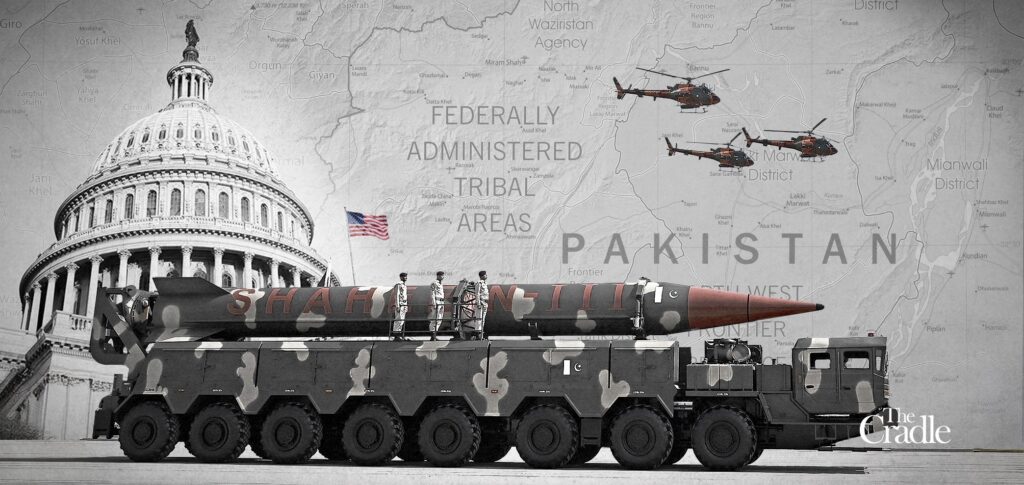The Pentagon has launched a comprehensive review of the AUKUS security alliance, raising questions about the long-term future of the high-profile trilateral pact between the United States, the United Kingdom, and Australia. Originally announced in 2021, AUKUS was designed to bolster strategic cooperation in the Indo-Pacific region, with a central focus on helping Australia acquire nuclear-powered submarines, seen as a crucial move to counterbalance China’s growing influence. Now, the U.S. Department of Defense, under renewed scrutiny of its global military commitments, is reevaluating whether the pact still aligns with its evolving defense priorities.
At the heart of the review is growing concern within the Pentagon about the strain the agreement could place on America’s naval readiness. The commitment to provide Australia with nuclear-powered submarines, while symbolic of allied unity, may stretch U.S. production capabilities and divert critical resources from American defense needs. With tensions rising in the Indo-Pacific, particularly in the Taiwan Strait, some defense officials worry that AUKUS could ultimately reduce the flexibility of the U.S. Navy at a time when readiness and deterrence are paramount.
Adding fuel to the review is Washington’s increasing frustration over Australia’s slow pace of defense investment. U.S. officials are reportedly urging Canberra to step up its military spending and accelerate its defense industrial capacity to ensure the AUKUS commitments are met in a timely and credible manner. Without visible progress and stronger financial backing, there are concerns that the alliance could weaken rather than strengthen regional deterrence.
The review has caused unease in both London and Canberra, where leaders have emphasized the strategic value of the pact not only for security, but also for broader technological and economic cooperation. Detractors of the Pentagon’s review argue that second-guessing such a significant alliance sends mixed signals to adversaries and allies alike, particularly at a time when geopolitical stability in the Indo-Pacific is at risk.
As the Pentagon weighs its options, the review could either lead to adjustments in the agreement’s timeline and scope or reaffirm its strategic intent with renewed commitments from all sides. One thing is certain: the future of AUKUS will have profound implications for how the West confronts an increasingly assertive China and whether allied defense structures can remain cohesive under pressure.



